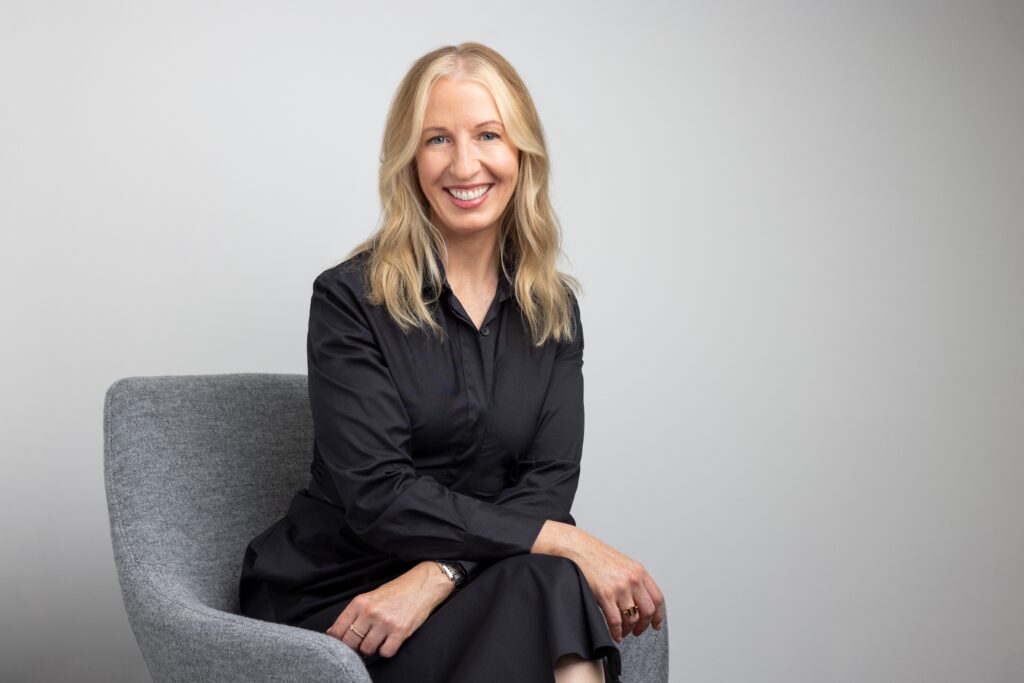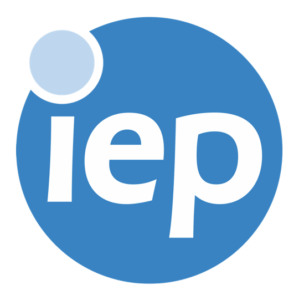
18/07/2025
By Nicole Grainger-Marsh FIEP, CEO, Asuria Australia
Earlier this year, I had the privilege of attending a leadership course for senior executives at Harvard Business School. Designed for leaders with over 20 years of experience, the program brought together an incredible cohort of global executives from diverse sectors, ranging from manufacturing to banking to missile production.
The opportunity to step away from the day-to-day demands of leading Asuria and immerse myself in this environment was both humbling and transformative. It reminded me how vital it is for leaders to pause, reflect, and invest in their own development to better serve their teams and organisations.
One of the most profound takeaways from the course was the concept of Contextual Intelligence (CQ). While we’re all familiar with IQ and EQ, CQ adds a critical layer to leadership: the ability to understand and navigate the broader contextual landscape. This includes factors such as government policies, labour market dynamics, demographic shifts, technological advancements, and global events.
CQ is particularly relevant for all of us in the Employment Services sector. We’re constantly adapting to government policy changes, fluctuating labour markets, and the challenges of an ageing workforce or youth unemployment. The course emphasised that effective leaders don’t just react to these shifts; they proactively shape opportunities or address challenges within their context. This perspective has already influenced how I approach strategic decisions at Asuria, ensuring we remain agile and forward-thinking in a sector defined by tendering cycles and policy changes.
Another key learning was the universal relevance of people-centric leadership. Despite the diversity of industries represented at the course, it was striking how many senior leaders, whether from traditional manufacturing firms or cutting-edge tech companies, prioritised their people. One CEO of a global, publicly listed company stood out.
Despite his decades in a ‘hard-nosed’ industry, he led with authenticity, focusing on individual wellbeing, introducing meditation programs and offering additional leave to support his team. This reinforced my belief that authentic leadership, grounded in care for your people, transcends industries and drives meaningful outcomes. At Asuria, this resonates deeply as we navigate the complexities of supporting diverse workforces and communities.
The course also highlighted the power of networks. Engaging with such a varied group of leaders sparked rich discussions and reinforced that we’re all grappling with similar challenges, whether it’s balancing technological advancements like AI or responding to shifting market dynamics. The connections I made continue to inspire and inform my leadership approach.
Ultimately, the Harvard experience was a reminder to stay curious, adaptive and connected. Leadership isn’t static; it evolves with the context around us. By embracing CQ and keeping people at the core, we can navigate challenges, seize opportunities and lead with purpose. I encourage all leaders to take time for their own growth – it’s an investment that benefits not just you, but your entire organisation.

